Tourism Villages (Desa Wisata) – Live, Learn & Explore in Sleman
Sleman Regency is home to several Desa Wisata (tourism villages), each offering immersive rural experiences rich in culture, agriculture, and tradition. These five standout villages invite visitors to engage directly with Javanese life:

Pancoh Village
A celebrated eco-tourism village located on the slopes of Mount Merapi, known for its strong commitment to environmental sustainability—especially water conservation and organic farming. Since being designated an eco-tourism village in 2012, Pancoh has become a favorite for school groups and nature lovers. Visitors can participate in rice planting, fish catching, river tracing, cultural music sessions, and even live-in experiences in local homestays, while also supporting tree-planting initiatives with modest eco-conservation fees. Yogyakarta Tourism
Pentingsari Village
Set at around 700 meters elevation near Kaliadem, Pentingsari is a community-driven tourism model built since 2008. Its cool climate and spiritual ambiance are matched by rich cultural offerings—visitors can join traditional dance performances (Punokawan and Jathilan), play gamelan, craft batik, learn Javanese dance, take lava tours, farm mushrooms, participate in rice harvesting, or even camp and fish. The village is also recognized internationally for sustainable tourism development. Indonesia TravelJogja Explore ToursYogyakarta Tourismliputan6.com
Pulesari Village
Located in Turi on Merapi’s western flank, Pulesari is an agro-cultural tourism destination where visitors can trek river trails with outbound fun, batik making, gamelan lessons, traditional dance, rice planting, and cultural workshops in a peaceful rural environment. Multi-faceted activities are supported by infrastructure like meeting halls, snack stalls, and homestays. Jadesta
Kelor Village & Malangan Village
While detailed activity descriptions for Kelor Village and Malangan Village are less documented online, they remain valued parts of Sleman’s rural tourism network. Their inclusion reflects the broader initiative to celebrate the cultural and agricultural heritage scattered through Sleman’s village landscapes. Wikipedia

Summary Table:
| Village | Location | Key Experiences & Activities |
|---|---|---|
| Pancoh | Slopes of Merapi | Eco-tours, farming, river tracing, live-in homestays, eco-conservation |
| Pentingsari | Kaliadem/Merapi foothills | Cultural performances, gamelan, dance, farming, sustainability awards |
| Pulesari | Turi area | Agro-education, craftmaking, cultural workshops, outdoor activities |
| Kelor / Malangan | Various Sleman locales | Authentic rural immersion as part of community-based village tourism |
Exploring Tips & Quick Guide
- Best Season to Visit: May to October — enjoy driest, sunniest days for outdoor fun and great views.
- Getting Around: Rent a car or motorbike for flexibility. Local buses are available; gamelan rides or guided tours add cultural flavor.
- Local Cuisine: Treat yourself to regional favorites like gudeg, bakpia, yangko, sate kelinci, and pepes belut.
Suggested 3–Day Itinerary Sample
| Day | Morning | Afternoon | Evening |
|---|---|---|---|
| 1 | Prambanan Temple & Ramayana Ballet | Ratu Boko Palace for sunset | Dinner with local specialties |
| 2 | Merapi Museum & Nature sites (e.g. Klangon Hill) | Agrowisata Bhumi Merapi | Relax in Kaliurang |
| 3 | Affandi Museum & Ullen Sentalu Museum | Desa Wisata (e.g. Pancoh) | Enjoy attractions like Lost World Castle or Sindu Kusuma Edupark |

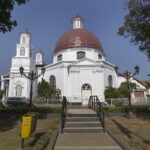
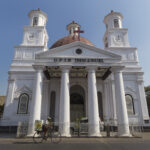
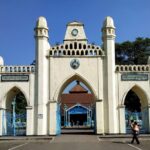
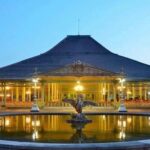
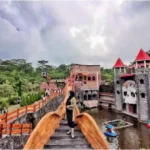
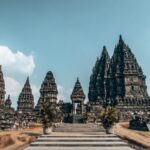


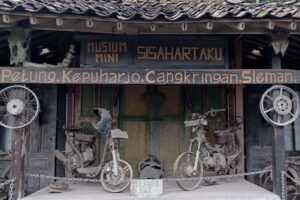
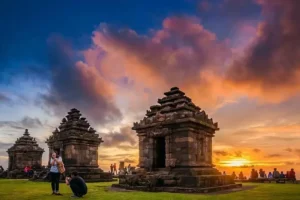
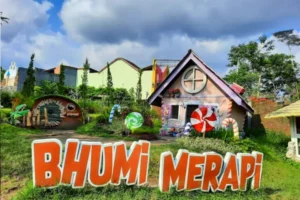





Add Comment